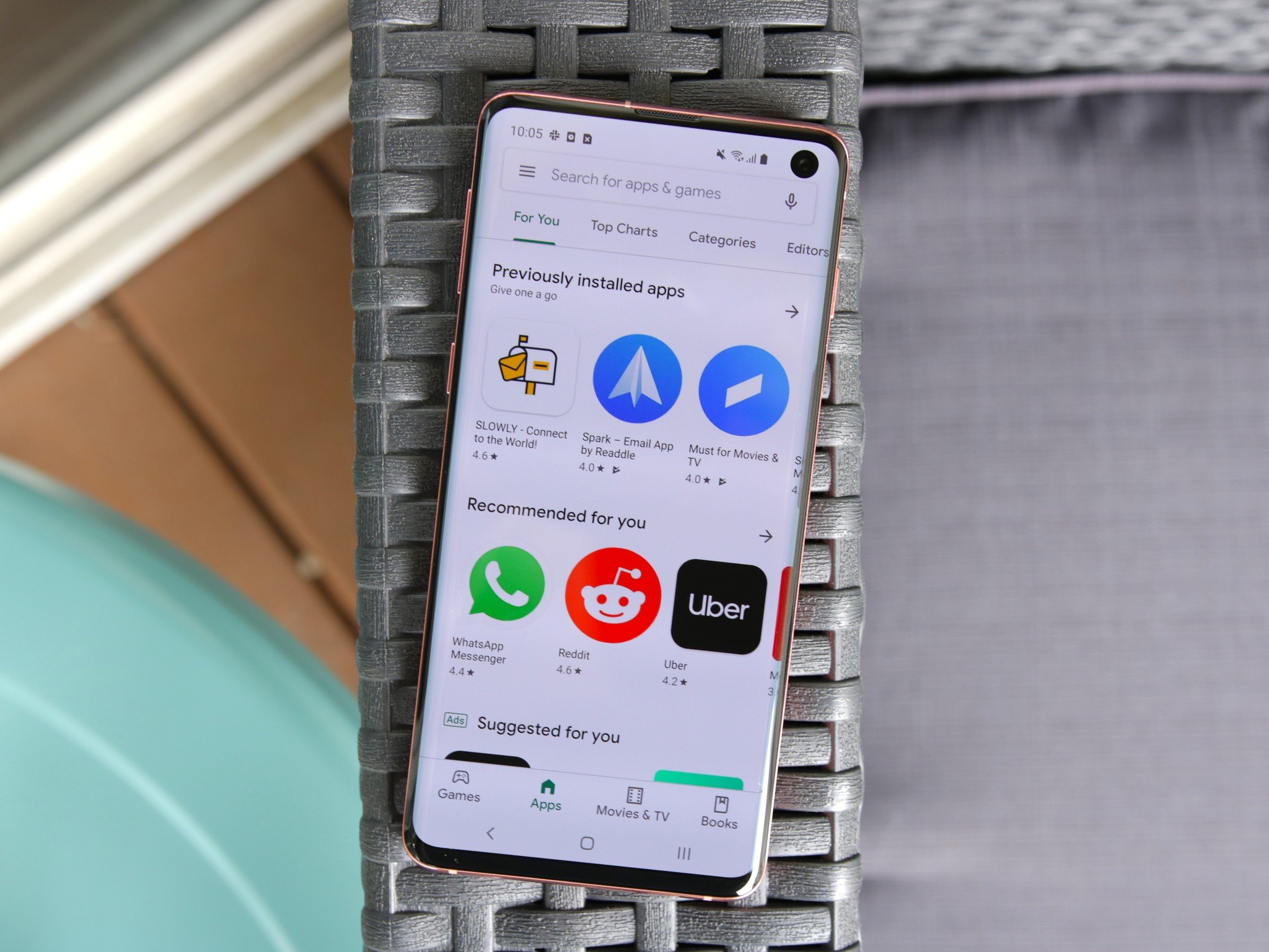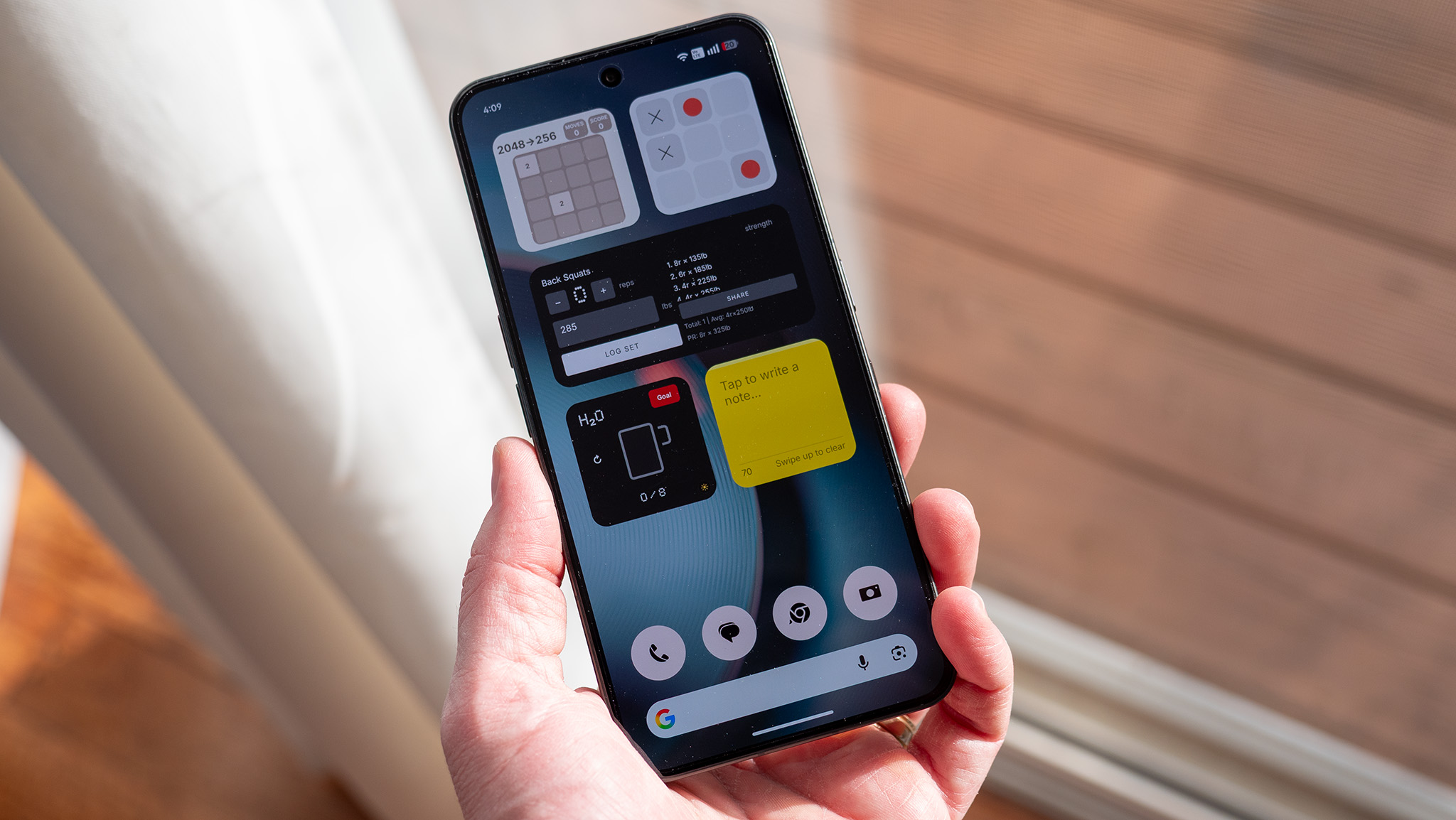Google cracks down on Play Store subscription scams, restricts location data access

Get the latest news from Android Central, your trusted companion in the world of Android
You are now subscribed
Your newsletter sign-up was successful
What you need to know
- Google is rolling out a change to how subscriptions operate in the Play Store.
- Its new policies now encourage developers to give users as much information and control as possible before they commit to subscriptions.
- The new policies go into effect from today for new developers, while veterans have 60 days to implement the necessary changes.
Google is making changes to the Play Store's policies from today onward. These changes are aimed at cutting down on potential subscription scams. Developers will now have to notify users about when free trials end and subscriptions are renewed, as well as being more
As per Google, common violations of this new policy included things like:
- Monthly subscriptions that do not inform users they will be automatically renewed and charged every month.
- Annual subscriptions that most prominently display their pricing in terms of monthly cost.
- Subscription pricing and terms that are incompletely localized.
- In-app promotions that do not clearly demonstrate that a user can access content without a subscription (when available).
- SKU names that do not accurately convey the nature of the subscription, such as "Free Trial" for a subscription with an auto-recurring charge
The changes come into force from today for new developers, while those with apps already in the Store will have 60 days (till June 15th) to bring their apps into compliance with the new policy. Google already notifies users when they uninstall an app with an attached subscription that uninstalling does not unsubscribe from the service, it'll now be sending emails which alert users just before they are about to be charged after a free trial ends.
Apps tricking users into subscriptions they don't need through deceptive practices is nothing new. It's up to platform gatekeepers like Apple and Google to police this behavior, which Google's set of policies aim to address.
Google is also now requiring developers to justify their access to background location data as it massively straps down how much location data developers can collect and in which situations. When reviewing apps, Google says it'll ask questions like "is this a feature that is of undeniable interest for the user?", "do users expect the app to access their location data in the background?" and "can you offer the same experience without accessing location data in the background?" among others.
Unlike with subscription policies, Google will give developers an extended time frame to adust in recognizance of the amount of work needed to bring apps into line with these policies. New apps will have until August 2020 to fall into compliance, while existing apps have until November 2020.
Google Play: Everything you need to know!
Get the latest news from Android Central, your trusted companion in the world of Android

